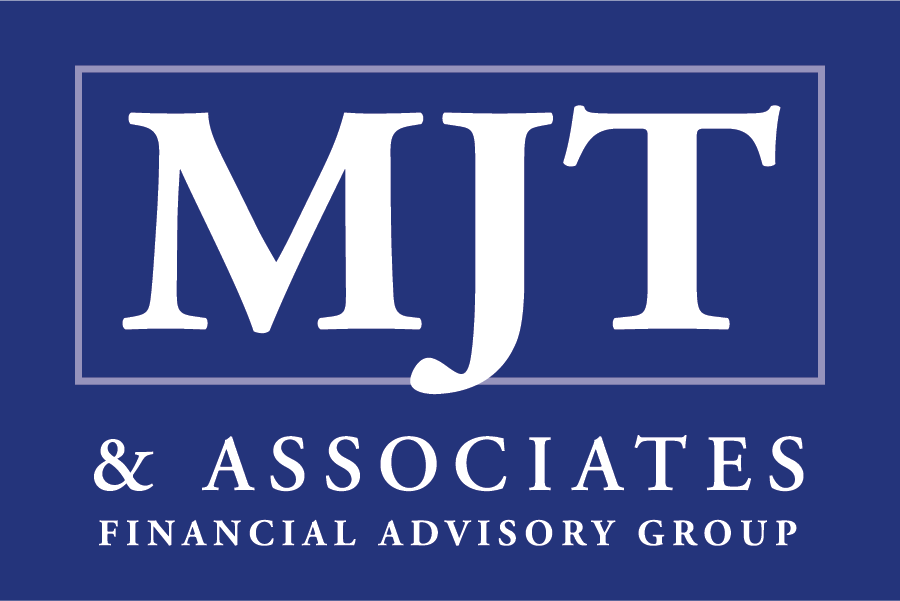Are you feeling overwhelmed by the complexities of managing your finances? Do you find yourself struggling to make confident decisions about your financial future? If so, you're not alone. Many individuals and families face similar challenges when it comes to navigating their financial lives. However, there's a powerful approach that can help you gain clarity and control over your financial well-being: holistic financial planning.
Holistic financial planning is more than just budgeting or investment strategies. It's a comprehensive approach that considers all aspects of your financial life, including your values, goals, and life circumstances. By taking a bird's-eye view of your finances, holistic planning helps you create a roadmap that aligns with your aspirations and leads you towards financial success.
This approach recognizes that your financial decisions don't exist in isolation. They're interconnected and influenced by various factors such as your personal values, short-term and long-term goals, risk tolerance, and current life stage. By considering these elements together, holistic financial planning empowers you to make informed choices that support your overall financial well-being.
The benefits of holistic financial planning are numerous. It provides you with a clear understanding of your current financial situation and helps you set realistic goals for the future. It also enables you to identify potential risks and develop strategies to mitigate them, ensuring that your financial security isn't compromised by unexpected events. Perhaps most importantly, it gives you the confidence to make smart financial decisions that align with your values and contribute to your long-term success.
In this article, we'll explore the essence of holistic financial planning and how it can transform your approach to managing your finances. We'll delve into the key components of a holistic financial plan, discuss its benefits, and provide practical tips for implementing this approach in your own life. Whether you're a family looking to secure your children's future, a pre-retiree planning for the next chapter of your life, or a small business owner seeking financial stability, holistic financial planning can help you navigate your unique financial journey with confidence and clarity.
Understanding Holistic Financial Planning
Holistic financial planning goes beyond traditional approaches by taking a comprehensive view of your financial life. Unlike conventional methods that might focus solely on investments or retirement planning, holistic planning examines your entire financial picture. This includes areas such as debt management, risk management, tax planning, and estate planning. By considering all these aspects together, holistic planning provides a more accurate and complete understanding of your financial situation.
One of the key differences in holistic financial planning is its emphasis on the interconnectedness of various financial aspects. For example, your approach to debt management can significantly impact your ability to save and invest for the future. Similarly, your tax planning strategies can affect your overall wealth accumulation and estate planning. By recognizing these connections, holistic planning helps you make more informed decisions that consider the ripple effects across your entire financial landscape.
Another crucial aspect of holistic financial planning is its alignment with your personal aspirations and values. This approach recognizes that financial decisions are not made in a vacuum but are influenced by your goals, life stage, and individual circumstances. For instance, if you're a parent planning for your child's education or a business owner looking to expand your enterprise, these goals will shape your financial strategy. Holistic planning takes these factors into account, ensuring that your financial decisions support your broader life objectives.
Risk management is also a vital component of holistic financial planning. This involves identifying potential financial risks - such as loss of income, health issues, or market volatility - and developing strategies to mitigate them. By incorporating insurance planning and creating contingency funds, holistic planning helps protect your financial well-being against unforeseen circumstances. This comprehensive approach to risk management provides peace of mind and stability, allowing you to pursue your financial goals with confidence.
In essence, holistic financial planning is about creating a cohesive strategy that addresses all aspects of your financial life. It's a dynamic process that evolves with your changing needs and circumstances, ensuring that your financial plan remains relevant and effective over time. By adopting this approach, you can gain a clearer understanding of your financial situation, make more informed decisions, and work towards a future that aligns with your values and aspirations.
Key Components of Holistic Financial Planning
A holistic financial plan comprises several key components that work together to create a comprehensive strategy for your financial well-being. At its core, goal setting forms the foundation of your plan. This involves identifying both short-term and long-term financial objectives, such as saving for a home, funding your children's education, or planning for retirement. These goals serve as guideposts, helping to shape your financial decisions and providing motivation to stay on track.
Budgeting and cash flow management are essential elements that support your goals. By creating a detailed budget, you gain a clear understanding of your income and expenses, allowing you to allocate resources effectively. This process helps identify areas where you can reduce spending and increase savings, aligning your day-to-day financial habits with your long-term objectives. Effective budgeting also interacts closely with other aspects of your plan, such as debt management and saving strategies.
Saving and investing form another crucial component of holistic financial planning. This involves creating an emergency fund to cover unexpected expenses, as well as developing strategies for long-term wealth accumulation. Your investment approach should be tailored to your risk tolerance, time horizon, and financial goals. It's important to consider how your saving and investing strategies interact with other elements of your plan, such as tax planning and retirement goals.
Risk management through insurance is a vital aspect of protecting your financial well-being. This includes evaluating your need for life, health, disability, and property insurance to safeguard against potential financial setbacks. Insurance planning interacts closely with your overall financial strategy, ensuring that unexpected events don't derail your progress towards your goals. Additionally, estate planning is an essential component that addresses the distribution of your assets and the care of your loved ones after your passing. This element interacts with various aspects of your financial plan, including tax strategies and long-term wealth preservation.
By integrating these key components, a holistic financial plan provides a comprehensive framework for managing your finances. Each element contributes to your overall financial well-being while interacting with other aspects of the plan. This interconnected approach ensures that your financial decisions are aligned with your goals and values, providing a solid foundation for long-term financial success and peace of mind.
Benefits and Implementation
Adopting a holistic approach to financial planning offers numerous benefits that can significantly improve your overall financial well-being. One of the primary advantages is increased financial confidence. By having a comprehensive understanding of your financial situation and a clear roadmap for the future, you'll feel more empowered to make informed decisions. This confidence can reduce stress and anxiety related to money matters, allowing you to focus on your goals and aspirations with greater peace of mind.
Another key benefit of holistic financial planning is better preparedness for life transitions. Whether you're starting a family, changing careers, or approaching retirement, a holistic plan considers these major life events and helps you navigate them smoothly. By anticipating potential challenges and opportunities, you can proactively adjust your financial strategy to accommodate changes in your life circumstances. This adaptability ensures that your financial plan remains relevant and effective throughout different stages of your life.
Implementing holistic financial planning in your own life doesn't have to be overwhelming. Start by taking stock of your current financial situation, including your income, expenses, assets, and liabilities. Next, identify your short-term and long-term financial goals, considering both your practical needs and personal values. Once you have a clear picture of where you stand and where you want to go, begin addressing each component of your financial life systematically. This might involve creating a budget, reviewing your insurance coverage, or reassessing your investment strategy.
Remember, holistic financial planning is an ongoing process, not a one-time event. Regularly review and adjust your plan as your circumstances change and new financial opportunities or challenges arise. Consider working with a fee-only financial advisor who specializes in holistic planning to guide you through this process. They can provide expert insights, help you navigate complex financial decisions, and ensure that all aspects of your financial life are working together harmoniously. By taking these steps, you'll be well on your way to achieving greater financial security and peace of mind.











